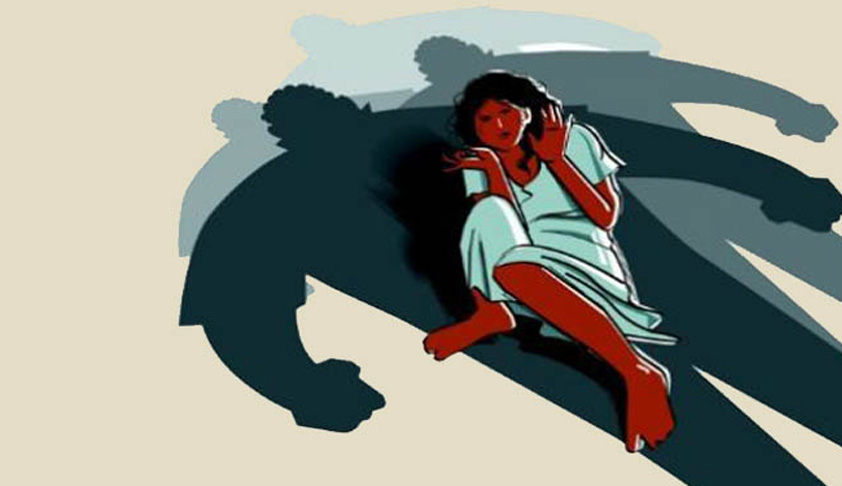Delhi High Court refuses to entertain PIL seeking criminalization of Marital Rape
Apoorva Mandhani
12 July 2015 6:16 PM IST

Next Story
12 July 2015 6:16 PM IST
A Division Bench of the Delhi High Court comprising Chief Justice G. Rohini and Justice Jayant Nath has refused to entertain a PIL challenging Section 375 of the IPC which states that sexual intercourse by a man with his own wife, who is not under 15 years of age, is not rape.The Court refused to entertain the PIL because a similar matter is pending for consideration before the Supreme...
